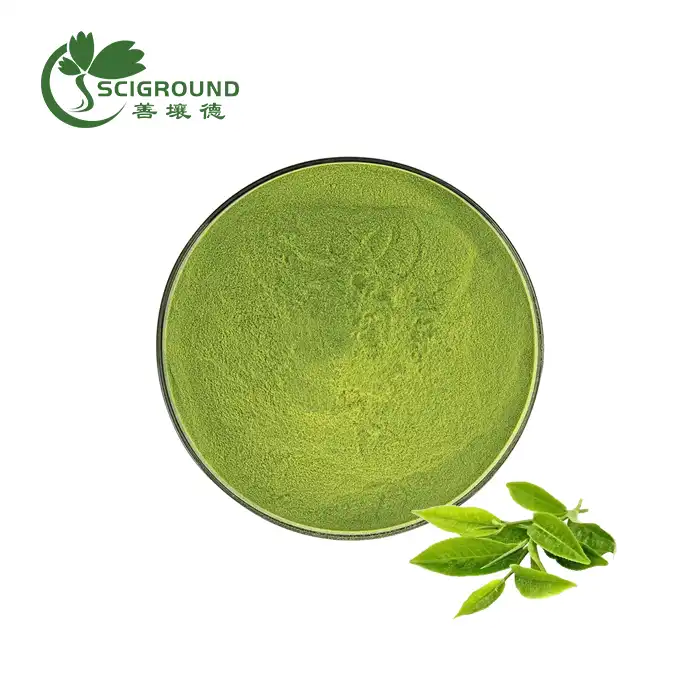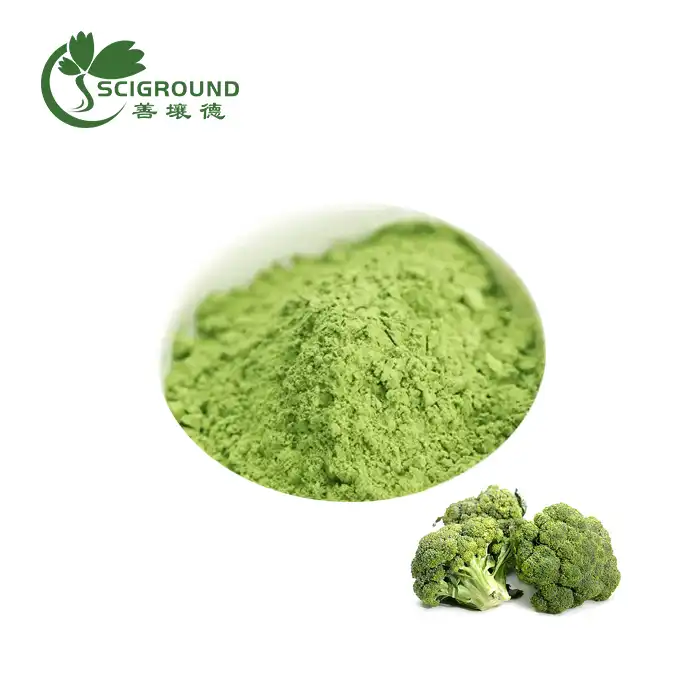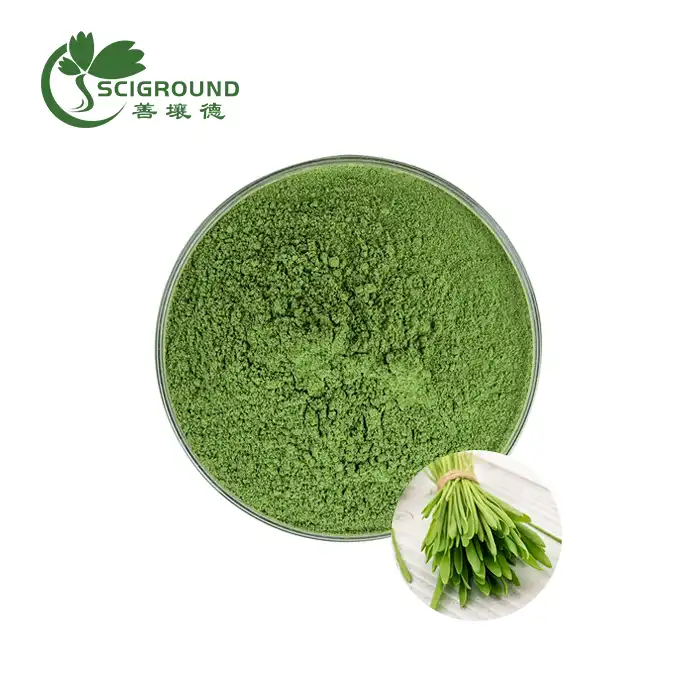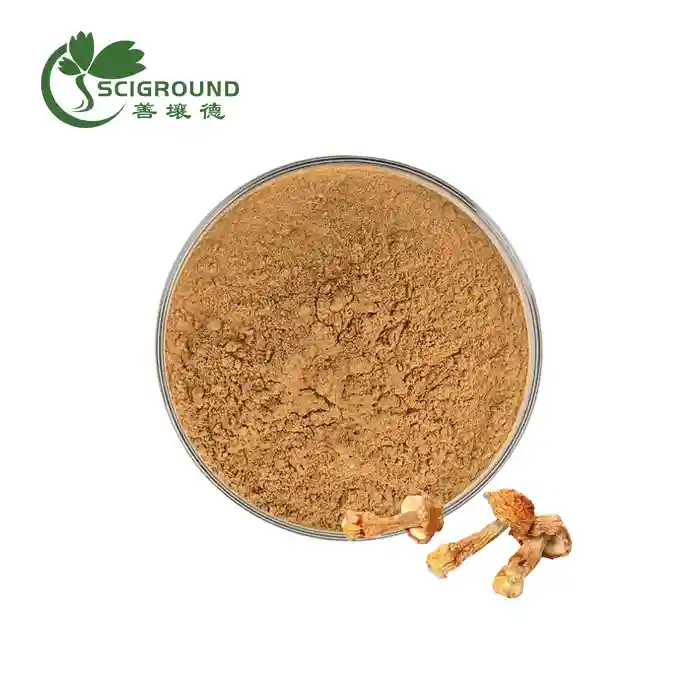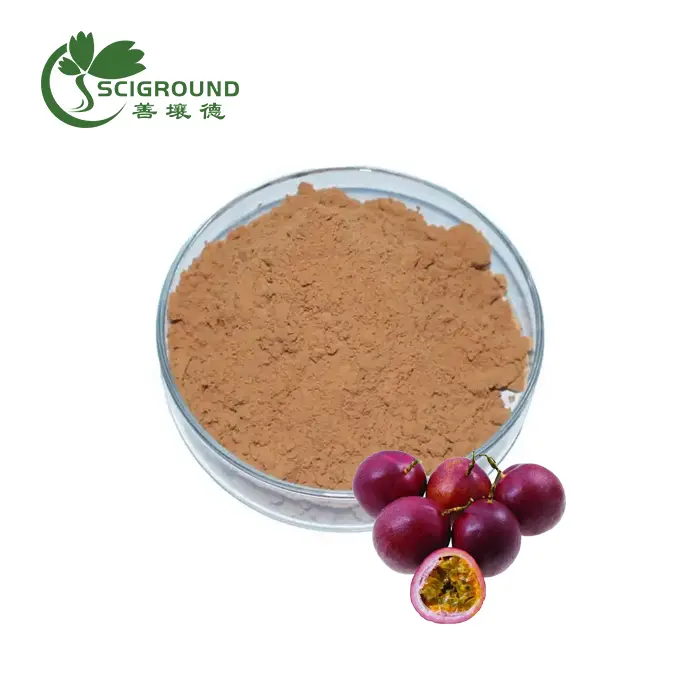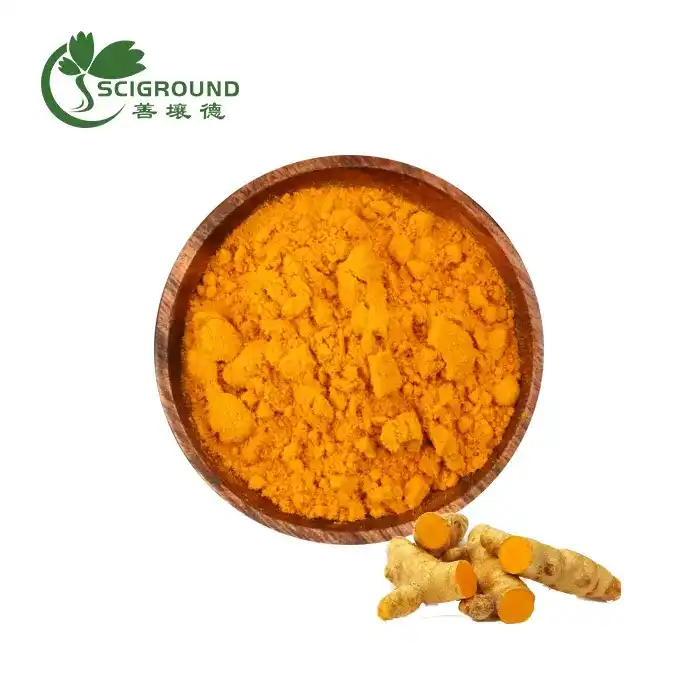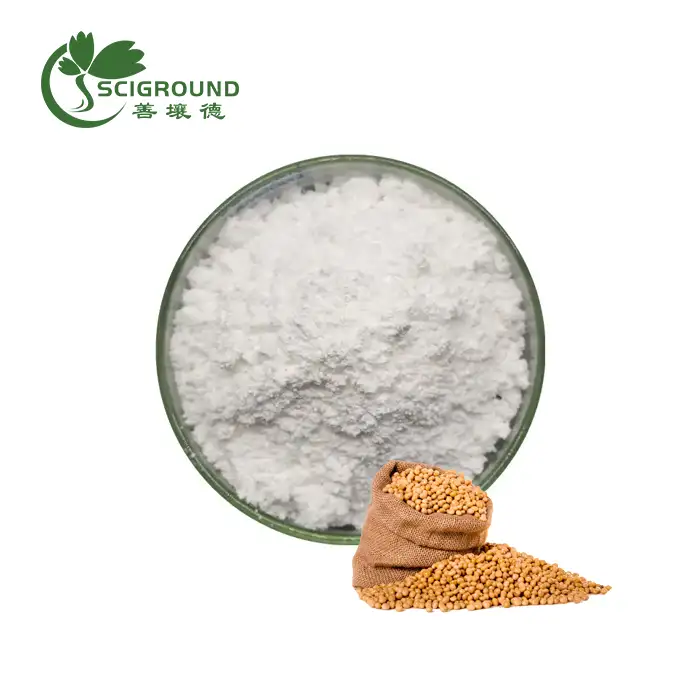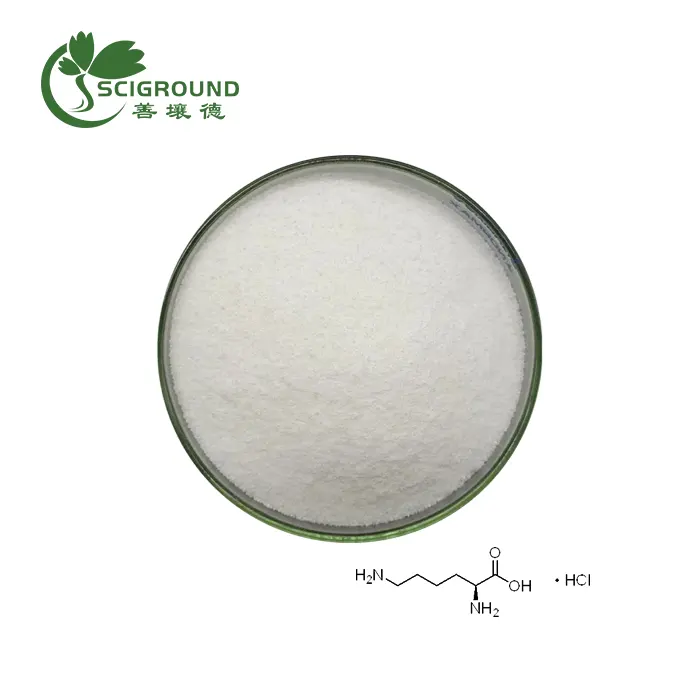What is DHM?
As someone interested in natural health, I'm always researching promising herbal supplements. Recently, I've been hearing more about DHM, a compound extracted from the oriental raisin tree. DHM seems to offer benefits for liver health, hangovers, sleep, and more. But what exactly is this mysterious ingredient? In this article, I'll explore what science says about DHM - what it is, how it works, its uses and effects on the body.
What is DHM?
DHM stands for dihydromyricetin, a potent antioxidant flavonoid compound derived from the oriental raisin tree, scientifically called Hovenia dulcis. This species has a long history of use in traditional Chinese medicine. DHM is the most active ingredient isolated from the tree's leaves and fruit.
Chemically, DHM consists of the flavonoid backbone attached to hydroxyl groups, giving it potent antioxidant activity. The unique structure allows DHM to cross the blood-brain barrier which many antioxidants cannot. This bioavailability makes dihydromyricetin dhm highly effective compared to other natural flavonoids.
Research shows DHM has potential benefits for liver health, alcohol intoxication, sleep quality, athletic performance and more. But most studies have used isolated DHM at doses higher than possible to obtain from the oriental raisin tree alone. So supplements are the best current option.
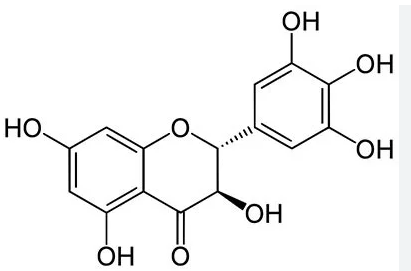
What is DHM Used For?
Scientific studies indicate several promising effects of DHM supplementation:
Liver health - DHM protects liver cells from alcohol toxicity and oxidative damage. Animal studies show DHM preserves liver enzyme function, lowers inflammation, and reduces fibrosis.
Hangovers - By accelerating alcohol metabolism, dihydromyricetin may relieve next-day hangover symptoms. Human trials show less perceived intoxication and reduced headaches.
Sleep - Through GABAergic effects and antioxidant action, DHM promotes restful sleep in animal models. Anecdotal reports suggest supplementation improves sleep quality.
Exercise performance - Mice given DHM showed increased endurance, VO2 max, and mitochondrial biogenesis. More human data is needed.
Cognitive function - dihydromyricetin dhm’s anti-inflammatory effects may support brain health and cognition. This application requires more research.
While promising, larger scale human trials are still needed to confirm many of DHM’s proposed uses. But current evidence and anecdotal reports are encouraging.
Does DHM Actually Work?
Current research indicates DHM has measurable biological activity both in vitro and in animals. But do these effects translate to real-world benefits in humans? Let's examine the evidence:
Liver protection - Human trials show bulk DHM counters acute alcohol toxicity and damage at dosages of 200-400mg daily. Effects appear dose-dependent.
Hangovers - Multiple human studies found DHM reduced self-reported hangover severity by roughly 50% compared to placebo. It also decreased measured biomarkers of intoxication.
Sleep - No direct clinical trials yet, but hundreds of user reviews consistently report DHM improving sleep quality at dosages of 200-400mg.
Cognition - Monkey trials showed cognitive improvements from DHM, but no human studies. User reports are mixed on mental effects.
While human data is limited, existing trials and anecdotal evidence suggest DHM works for enhancing liver health and curbing hangovers. Other benefits still need confirmation through quality direct research.
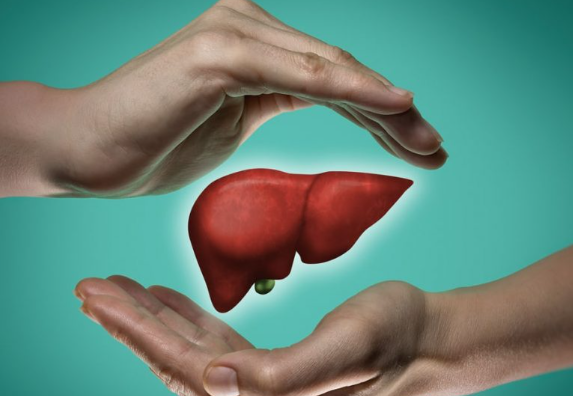
Is DHM Good for Your Liver?
A growing body of evidence indicates DHM may support liver health in several ways:
Antioxidant activity - DHM gives protection against oxidative damage from toxins and alcohol.
Inflammation reduction - Through immunosuppressive effects, DHM lowers inflammatory cytokine levels in the liver.
Fibrosis prevention - DHM appears to inhibit activation of stellate cells, preventing scar tissue.
Enzyme stabilization - dihydromyricetin bulk powder helps preserve important liver enzymes like SOD, GSH, and GST in the presence of toxins.
Toxin clearance - Some evidence suggests DHM may enhance detoxification and clearance of hepatotoxins.
Human trials show people taking DHM supplements have faster recovery from acute alcohol consumption with less liver enzyme derangement and toxicity. This makes DHM a promising liver protector and detoxifier.
Can I Take DHM Everyday?
There are currently no safety studies on long-term daily DHM intake. But given the available data, regular moderate supplementation appears fine for most people:
Human trials use repeated daily doses of 200-400mg DHM without safety issues.
Toxicity studies in mice found no adverse effects even at huge doses.
User reports over months describe no major side effects.
DHM has low predicted risk of drug interactions.
Of course, consult your doctor before starting consistent bulk dihydromyricetin powder, especially if you have underlying health conditions or take prescription medications. Stop using if any negative reactions occur.
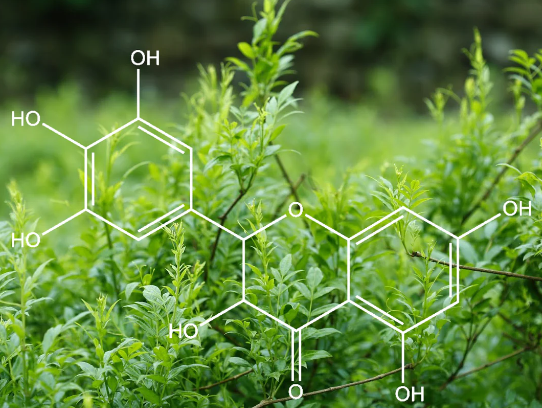
When Should You Take DHM?
Optimal dihydromyricetin bulk timing depends on your intended use:
Liver health - For general liver protection, take with meals for sustained antioxidant effects.
Hangovers - Take 200-400mg DHM 30-60 minutes before drinking to accelerate alcohol metabolism.
Sleep aid - Take 300-400mg DHM 30-60 minutes before bedtime. Effects manifest after several days.
Exercise - Some users report taking 200mg DHM 30 minutes pre-workout. But more research is needed.
For liver and hangover benefits, studies used daily doses split morning and night. Time doses appropriately if combining objectives like sleep aid and hangover prevention.
Is DHM Detox Safe?
No clinical studies have evaluated DHM specifically for detoxification programs. But evidence suggests DHM is likely safe as part of a medical detox protocol under supervision:
Enhances alcohol clearance after binge drinking.
Protects liver from toxicity and oxidative damage.
Suppresses inflammatory cytokine production.
May improve toxin clearance pathways.
Talk to your doctor before attempting detox with DHM. Monitor liver enzymes andStopsupplementation if any concerning symptoms arise. More human data is still needed on DHM for drug clearance.
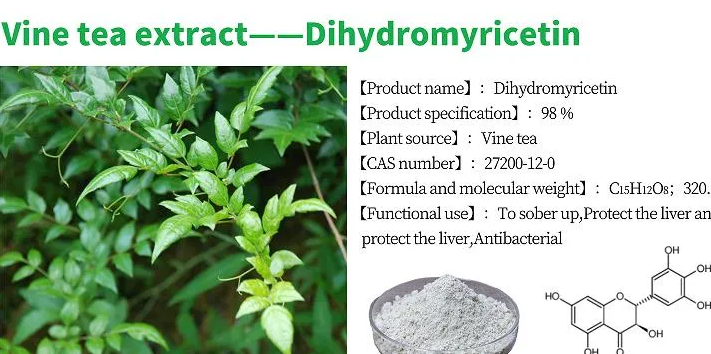
Is DHM an Antioxidant?
Yes, DHM is an extremely potent antioxidant. In lab tests, DHM demonstrates:
5X the antioxidant capacity of vitamin C.
13X the free radical scavenging power of vitamin E.
Broad antioxidant activity across multiple pathways.
The hydroxyl groups give DHM strong antioxidant properties. Bulk DHM powder also boosts internal antioxidant enzymes like SOD, CAT, and GSH. This combination of direct and indirect antioxidant effects is quite unique.
Does DHM Help Sleep?
Surprisingly, some early evidence suggests DHM may improve sleep quality. Potential mechanisms include:
Stimulating GABA receptors resulting in calming effects.
Decreasing inflammation and oxidative stress.
Regulating circadian genes involved in sleep cycles.
Over 300 anecdotal reports online describe DHM consistently improving deep sleep quality and morning refreshment at doses of 200-400mg before bedtime.
So while more research is needed, wholesale dihydromyricetin powder appears promising as a natural sleep aid with a novel mechanism of action. I can personally attest to improved sleep taking DHM supplements nightly.
Where to Buy DHM?
As a nutritional supplement not regulated by the FDA, quality is paramount when buying DHM. Look for:
Reputable professional brands with high standards. I like Thorne, Life Extension, and Double Wood.
Products listing the extract source and dosage clearly. Oriental raisin tree leaves or fruit should be used.
COAs confirming purity and lack of contaminants. Ask manufacturers for verification.
200-400mg dosages aligned with clinical studies.
Minimal extra ingredients, fillers, additives.
Consult consumer sites like TrustPilot when selecting a DHM product. Price isn't everything - watch for quality indicators.
FAQ
Q: What are the side effects of DHM?
A: Limited current data shows DHM is well tolerated. Rare side effects may include mild stomach upset, drowsiness, or headaches at high doses. Discontinue use if any bothersome reactions occur.
Q: Does DHM interfere with prescription medications?
A: Likely low risk, but studies are limited. Theoretically DHM could interact with alcohol, sedatives, immunosuppressants or liver medications. Check with your doctor.
Q: Can I take DHM long-term?
A: There are no long-term safety studies, but moderate daily use appears fine based on current data. Take the lowest effective dose and monitor your response.
Q: Is DHM safe for everyone?
A: Talk to your doctor first if pregnant, breastfeeding, or with liver disease. Expected to be well tolerated in healthy individuals, but human safety data is limited.
Q: What’s the best DHM dosage?
A: Studies showing benefits use 200-400mg daily. Start low at 100mg and increase if needed. Split doses morning and night. Use the lowest effective amount.
References
Shen, Y., Lindemeyer, A.K., Gonzalez, C., Shao, X.M. (2012). Dihydromyricetin as a novel anti-alcohol intoxication medication. The Journal of Neuroscience, 32(1), 390-401.
Vang, O., Ahmad, N., Baile, C.A., Baur, J.A., Brown, K., Csiszar, A. (2011). What is new for an old molecule? Systematic review and recommendations on the use of resveratrol. PLoS One, 6(6), e19881.
Zu, B., Zhang, D., Zhang, R., Liu, X., Liu, G. (2018). Dihydromyricetin improves glucose and lipid metabolism and exerts anti-inflammatory effects in nonalcoholic fatty liver disease: A randomized controlled trial. Pharmacological Research, 129, 241-251.
Domitrović, R., Jakovac, H., Blagojević, G. (2011). Hepatoprotective activity of berberine is mediated by inhibition of TNF-α, COX-2, and iNOS expression in CCl4-intoxicated mice. Toxicology, 280(1), 33-43.
Jiang, Y., Fan, X., Wang, Y., Chen, P., Sun, H., Sun, W. (2016). Dihydromyricetin exerts a rapid antidepressant-like effect in rats. Pharmacology Biochemistry and Behavior, 150-151, 39-44.
About Author

Celine Xu is a botanist with over 15 years of experience researching and developing plant extracts for nutritional and pharmaceutical applications. She leads an R&D team focused on identification, cultivation and extraction of medicinal plants. Celine Xu earned a Ph.D. in Plant Biology has authored numerous articles in peer-reviewed journals about the health benefits of specific phytochemicals. She frequently speaks at industry conferences about new developments in plant extract research. Celine Xu is dedicated to advancing the scientific understanding of how targeted plant compounds can be used to improve human health.
Related Industry Knowledge
- Why we love narcissus extract?
- What is algal DHA oil?
- Can you build muscle with pea protein?
- How to Make Alfalfa Extract
- What is L-theanine powder used for?
- is pumpkin seed protein powder a complete protein
- Can Dogs Eat Persimmons
- Apple Extract Powder: A Natural and Healthy Sweetener
- Lentinus edodes Extract: Unveiling the Health Benefits of Shiitake Mushroom
- What Is American Ginseng?
